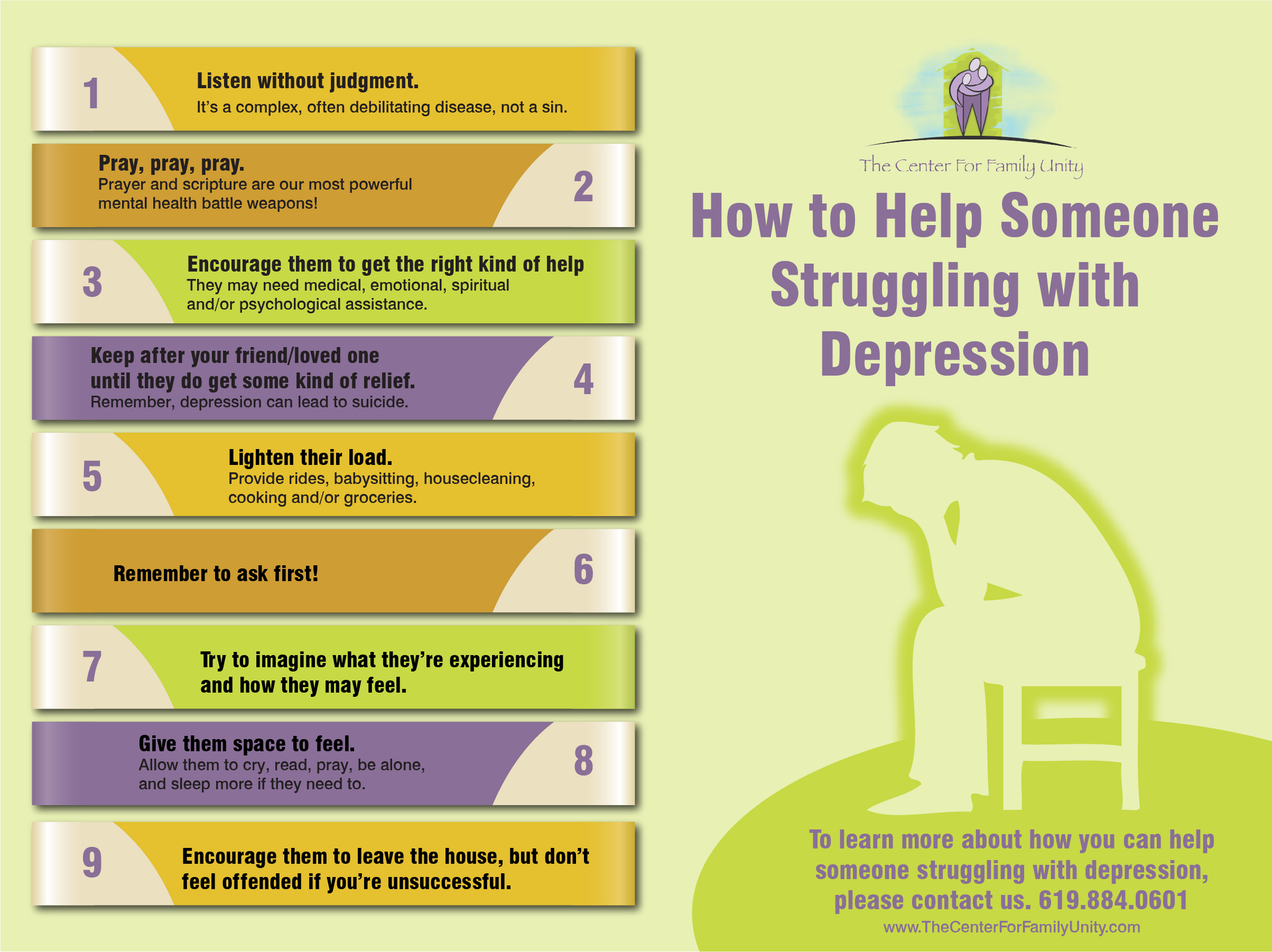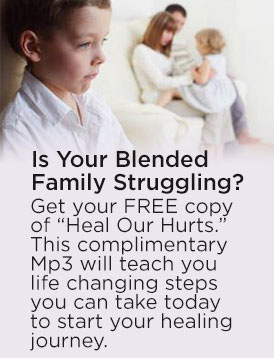How To Create Abundance In Your Life
Once there was a woman. I will call her Janet. She was struggling immensely with her marriage and her pocket book. Her business was failing, her home was close to foreclosure and her husband wanted a divorce. While her world seemed to be falling down around her she wondered why her years of positive affirmations and visualization were mounting toward such seemingly negative drama. She asked “Why am I creating exactly the opposite of what I want?”
There is actually a deeper reason Janet attracted the challenges she faced. Because of challenges of her youth, Janet actually believed she didn’t deserve abundance or joy in her life. This engrained perception left Janet attracting situations where she would subconsciously validate this belief that she somehow, wasn’t worthy enough to receive the blessings she prayed for.
Generally when we struggle to create abundance in our lives, whether it’s a great flow of money or more love in our relationships, hidden feelings of being “less than” others or “underserving of blessings and goodness” leave us unknowingly sabotaging our success.
Sometimes in order to attract the very thing we want, we need to change something within ourselves so we can become the kind of person we attract, and achieve our greatest wish. Because deep personal change can be brought about through personal trails and challenges, it’s not common for those who seek something new in their lives to unknowingly manifest personal struggles as part of their learning process on the road to transformation and change.
Often we can misjudge our circumstances (or other’s) as failures and further evidence of trouble, when in fact sometimes, ill circumstances are a sign of personal transformation.
Here are 10 tips to creating abundance in your life:
- Maintain focus…Keep your eye on the ball. Indecision breeds procrastination. You can hit only what you aim at. Outdoorsmen always sight in a gun before hunting. Your goals should be no different. It requires regular focus to hit them. To gain focus, consider using essential oils like cassia, lime, germanium or lavender–they are grounding and helpful when transitioning out of denial and moving forward.
- Be honest—always. Nothing will make your life more complicated that lying to yourself or others. Facing circumstances squarely may seem challenging, but it’s the simplest way to live a healthy and joyful life. Remember honesty is what you say to yourself and not only what you say to others. To promote honesty with yourself, consider using frankincense or wild orange essential oils.
- Prepare. Everything you need or want has a way of showing up as soon as you are ready for it. The sooner you are prepared, the faster you’ll realize results. The sooner you’re prepared, the faster you’ll realize results. Lemon and basil essential oils actually clear out the toxic fog in your brain.
- Have faith. Hopeful wishing is an excellent started, but a not so good finisher. It is faith coupled with perseverance that leads you across the finish line. Faith comes after hope-it is believing without doubt. Experiment with myrrh or sandalwood oils to balance your head and heart and bring you home to truth, which leads to faith.
- Keep it positive. The three things you have full power over are your thoughts, words and actions. Orange, bergamot and vetiver essential oils influence what you think, say and do!
- Stay educated. Knowledge is the key that unlocks the door to dreams. Your individual success will depend upon increasing intelligence. Lemon, peppermint and sandalwood oils support knowledge integration.
- Be courageous. Breaking out of old complicated patterns takes guts! If your purpose is worthy and your pursuit is sincere, with bravery you can establish behavior patterns, thoughts, and choices that feed simple, happy and successful lives.
- Go the extra mile. When you are spiritually compelled to reach out and serve, do it with high definition! It is a spiritual truth that which you put out comes back to you 100 fold. Serve! Go the extra mile! Geranium, immortelle grapefruit or white fir essential oils will support you in this process.
- Drop the ego you can’t become the master of anything until you become the master of your own ego. While believing in yourself is important and healthy if your success is ego based, your failure is imminent.
- Be willing to work. Healthy self-esteem grows with good old-fashioned hard work. Anyone whose hit his mark will tell you that dreams aren’t made without it.
Not sure where to start? Pick one tip. Integrate it into your life this week. Then, move on to another one next week.
Need support or want to learn more about how to create abundance in your life?
Contact The Center For Family Unity
619.884.0601
Intimacy—Accept No Imitations
How and What to Reveal
Writer Pat Love asks, “What is intimacy?” and then answers her own question, “Into me, see.” It’s not that to be intimate you need be transparent, or that every thought, feeling or story must be shared with your partner—but intimacy flourishes in a climate in which it’s safe to disclose parts of your experience that cut closer and closer to your private self.
Sometimes, though, a longing for connection can lead to disclosing too much too soon, or telling a new partner more than he or she is ready to know or needs to know. In some cases it leads to opening up too much about ourselves or people close to us, when discretion might be the better choice.
Consider following the Rule of Three: Let a disclosure come to mind three times before sharing it, rather than saying everything exactly as it occurs. Those things that recur are the ones that really belong to the relationship.
Remember, time is a necessary part of the intimacy equation. The thrill and power of the first weeks of a passionate relationship encourage self-disclosure and lots of sharing, but no matter how strong the connection, some things can come to light only after trust has been built.
Intimacy with boundaries
Few words in our language are asked to carry as much weight as intimacy. Do a quick web search with intimacy as your keyword, and you are guaranteed to find a wide range of articles and hundreds of books offering advice on how to find and keep it, or deal with not having it. Peruse some of these and you’ll often find confusion about just what intimacy is.
Often it is used as a synonym for sex. TV hasn’t helped. How often have you heard lawyers in courtroom dramas ask a cornered witness, “Were you…intimate with the deceased?” in a tone that’s clearly not asking about the level of emotional honesty and trust in the relationship!
The usual culprit is the confusion of intimacy with fusion, a boundary-less merging with a partner that erases differences. That kind of longing leads to the romantic inflations and disappointments that litter the path of relationships and fuel dynamics that subvert true intimacy—one partner’s fear of being abandoned countered by the other partner’s corresponding fear of being engulfed.
Appoint your partner ‘guardian of your solitude’
The great poet Rilke advised a young friend: “It is a question in marriage…not of creating a quick community of spirit by tearing down and destroying all boundaries, but rather a good marriage is one in which each appoints the other guardian of his solitude, and shows him this confidence, the greatest in his power to bestow.”
Rilke’s comments, applicable to all committed partnerships, point to the mutual respect and clear-eyed seeing that form the basis for genuine intimacy. It’s built by going through difficult doorways: the moment of risk before bringing up a hard subject or the challenge of listening with openness to some honest feedback we’d rather not be hearing.
The importance of trust
If your relationships lack intimacy, look to see where trust has been broken; that’s the hole in the fence that needs to be patched first. Ask yourself how you’ve contributed to the lowering of trust, not just in big ways but in the small ones that communicate our attitudes. Are you available to listen without comment, despite strong feelings being stirred when you have disagreements? Do you allow your partner to express him or herself fully? Do you attempt to elicit a fuller range of feelings? And when they’re expressed, do you actually hear them or do you dispute them? Do you respond as you wish to be responded to? Do you talk when you need to? Is your feedback, even if expressing a resentment, couched in the language of “I” or with a finger-pointing “you?”
Watch out for old baggage
Intimacy is particularly vulnerable to the unexamined influences of our earlier lives, to our search in our partners for an ideal parent or attempts to recreate failed strategies of the past. Authentic contact with significant others can replace those fantasy aspects with the power of genuine meeting.
Check for little pockets of unconsciousness that may be blocking you or your partner from contact. Do you find yourself sounding “just like mother or father?” Is your partner behaving “exactly the way my ex behaved,” or accusing you of doing so? Have you awoken with dreams that merge your partner with someone from your past? If so, a conversation with a counselor at The Center for Family Unity can often help sweep away those old cobwebs.
Rilke’s advice ends with a reminder of the connection between intimacy and a healthy ability to maintain what’s separate: “Once the realization is accepted that even between the closest human beings, an infinite distance continues to exist, a wonderful living side-by-side can grow up, if they succeed in loving the distance between them which makes it possible to see each other whole and against a wide sky!”
Eager to learn more about healthy intimacy?
Contact The Center For Family Unity
619.884.0601
How to Talk to Your Loved Ones about Money
Living With Grief: How to Survive a Significant Loss
One of the hardest things we’ll ever experience is the loss of someone—or something—dear to us. Grieving is a normal and natural response to loss. While death is one of the most common losses, grief also comes with other big and small life changes, such as a serious illness, the end of a relationship, the loss of a job, relocating to an unfamiliar city, and other lifestyle changes.
Even if you aren’t currently grieving, it can be beneficial to think about the grief process. At its core, grief is a part of the experience of being alive…and human. And while grief isn’t pleasant, it can give us insight, compassion and strength that we wouldn’t otherwise have found.
Here are some ways to access those greater qualities, survive a significant loss or help someone experiencing grief.
1. Expect a process.
In stark contrast to how frequently TV characters talk about “getting closure,” in reality, grief is an ongoing experience. The goal of grieving isn’t to “get to the bottom of it” or to stop feeling a certain way. Instead, it’s a process of learning to live with your emotions every day and every moment. Even years later, reminders like a special day or the smell of a favorite meal may trigger a fresh wave of memories and feelings linked to the loss.
2. Acknowledge the loss.
“When a person is born we rejoice, and when they’re married we jubilate,” wrote Margaret Mead, “but when they die we try to pretend nothing has happened.” If someone in your life is grieving, do your best to acknowledge that something has happened. Avoid clichés. Don’t force a conversation if the person isn’t ready to talk. While it may feel awkward, a simple gesture like a hug or sitting together in silence can have meaning. An offer to help with a household task, such as running errands or making a meal, can also go a long way. Praying with the grieving person can give them a sense of deep connection with the Lord and with you the person who cares.
Casting all your anxieties on Him, because He cares for you 1 Peter 5:7
3. Do the grief work.
In our fast-paced world, we tend to expect things to be quick, direct and convenient. Living with grief isn’t any of these things. There is no “one-size-fits-all” solution, no series of steps to make it hurt less, no magical approach that shortens the time it takes to heal. Instead, living with grief requires us to feel our feelings, fully and completely. In the words of poet Emily Dickinson: “The best way out is through.”
4. Ask for help.
Lean on your support system. If you’re not sure how to ask for help, “I’m having a hard time…” is a good way to start. If you need help beyond what your friends and family can provide, seek the support of a grief group as well as your counselor or therapist.
As with any process, it takes time to learn new skills and ways to cope with grief. Be gentle with yourself as you experience strong feelings. That kindness toward yourself can be the important first step toward a broader healing that will have ramifications after the grief has subsided. Try to never forget that Jesus walked the path of grief and loss in human form, He understands loss and is always there to give you comfort.
He heals the brokenhearted and binds up their wounds
Psalm 147: 3
A Psalm of David. The Lord is my shepherd; I shall not want. He makes me lie down in green pastures. He leads me beside still waters. He restores my soul. He leads me in paths of righteousness for his name’s sake. Even though I walk through the valley of the shadow of death, I will fear no evil, for you are with me; your rod and your staff, they comfort me. You prepare a table before me in the presence of my enemies; you anoint my head with oil; my cup overflows
Psalm 23:1-6










